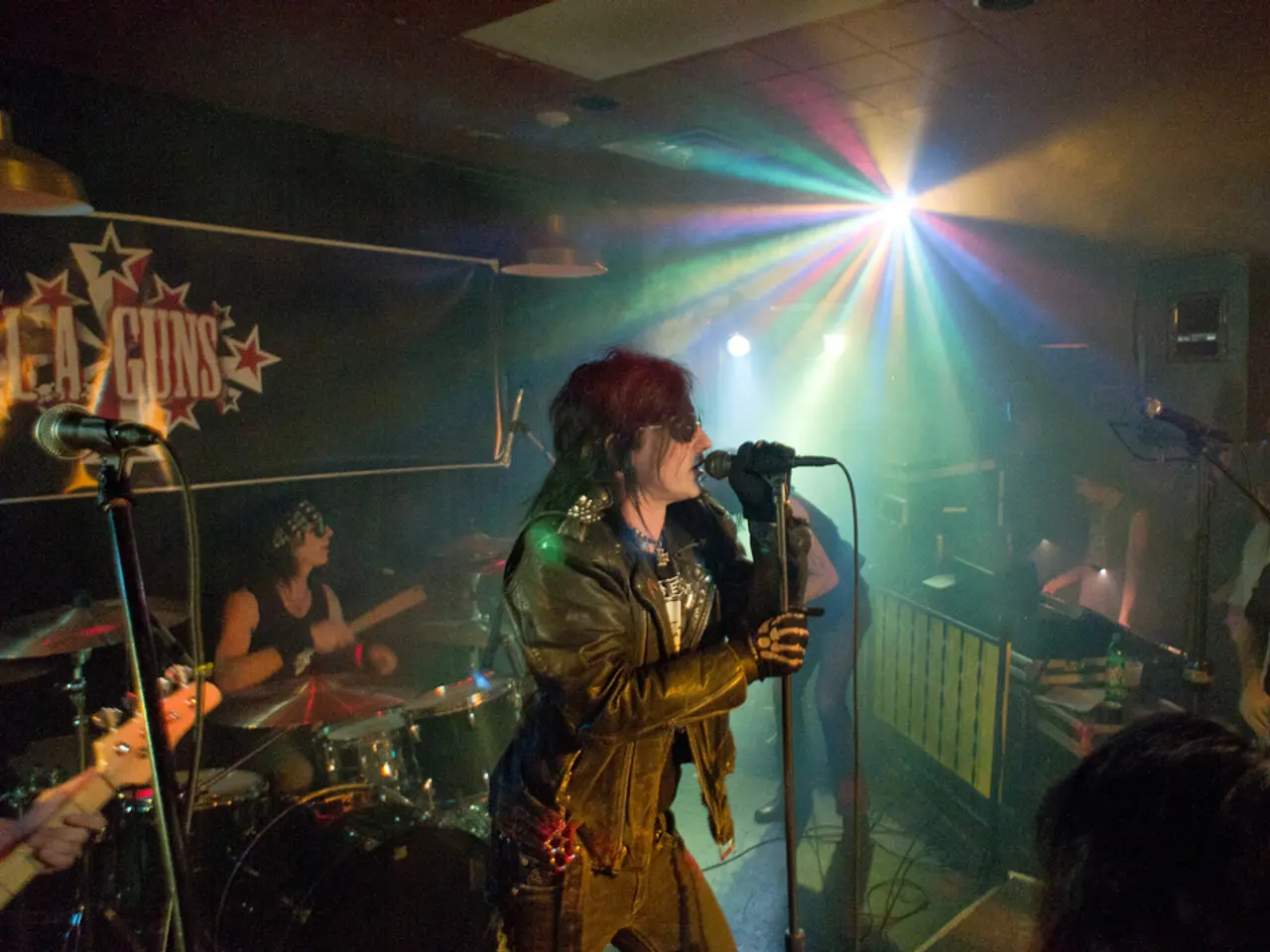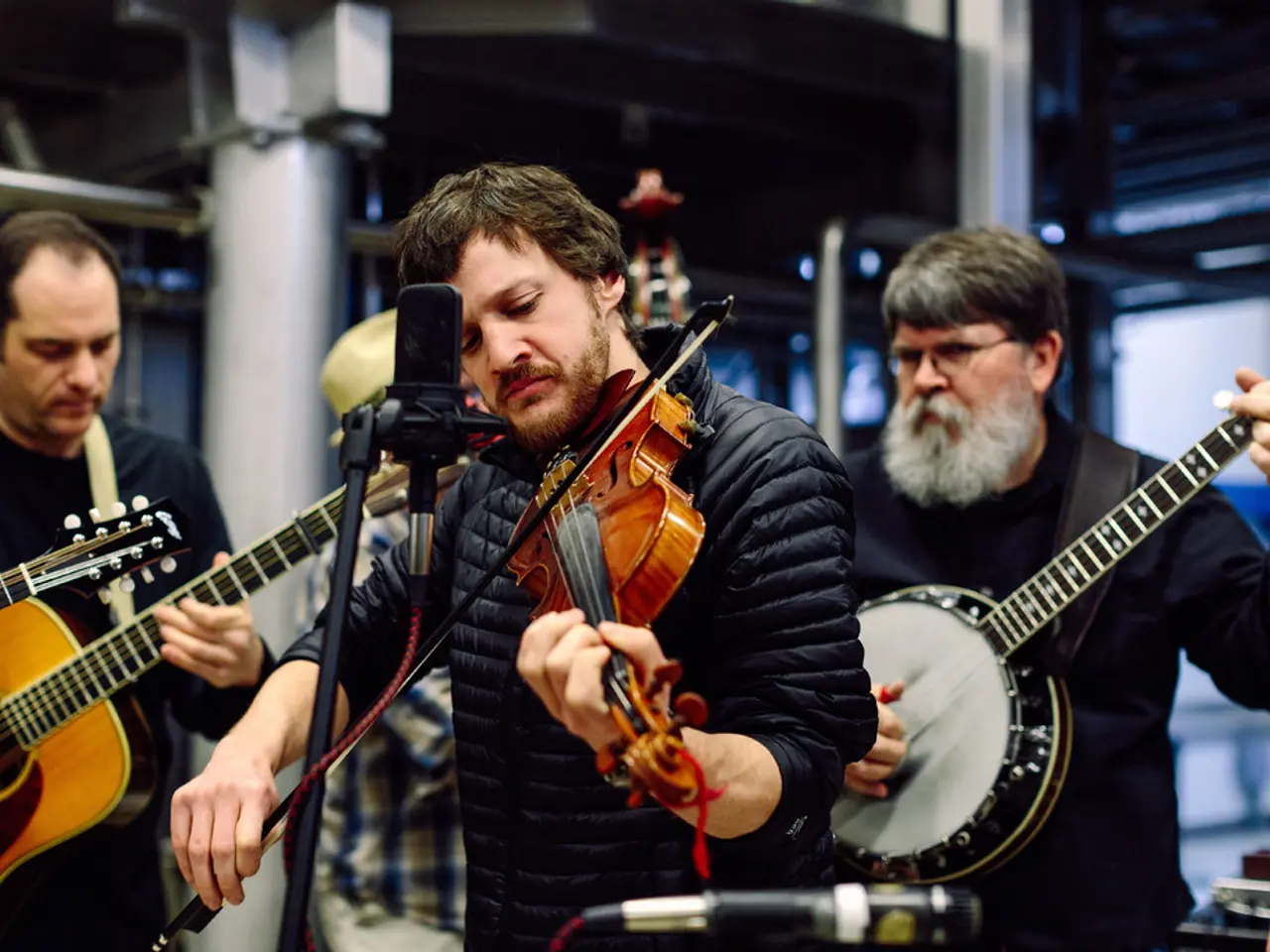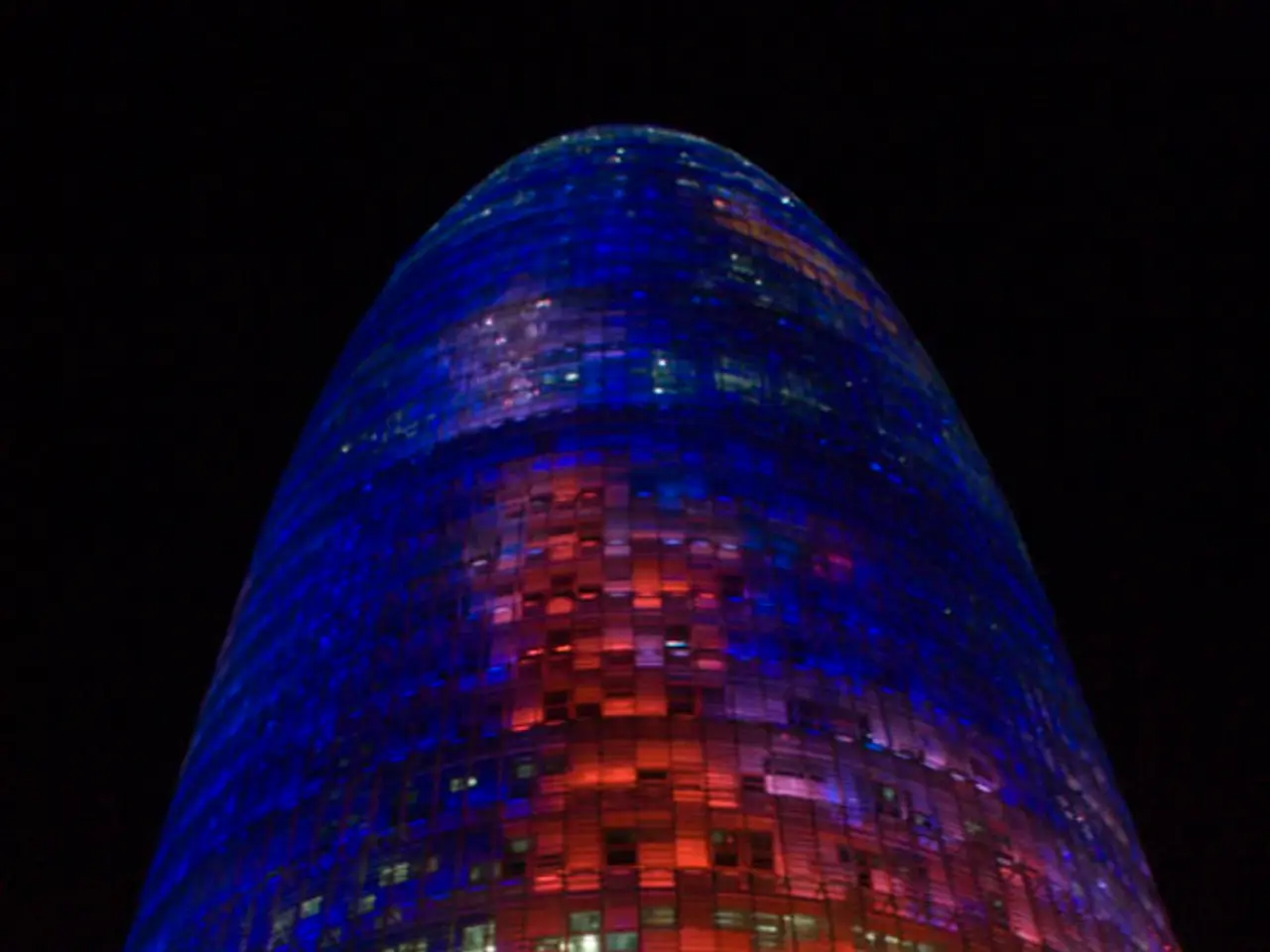Modern disguise or the enigmatic figure's façade
In the world of performing arts, masks are making a comeback, particularly in theatre and dance. This revival is led by artists of the younger generation, such as Munstrum Theatre, who are moving away from naturalism and embracing the mask as a surface of projection.
Munstrum Theatre, founded by Louis Arene and Lionel Lingelser in 2017, is creating a Makbeth production that premieres in February. The mask used in this production is designed to erase expression and create a sense of disquiet. For Munstrum Theatre, masks are not traditional, as they move away from wood or leather archetypes. Instead, they focus on creating a physical, sensual, brutal theatre of antagonisms between laughter and horror.
Lionel Lingelser, an actor in the production, wears a mask in the role of Lady Macbeth. The mask worn by Lingelser is central to the superlative and queer theatre created by Munstrum Theatre. It fits with their desired physical, sensual, brutal theatre of antagonisms between laughter and horror.
The mask is emblematic of a renewal of masked work in the performing arts. Munstrum Theatre is not the only company rediscovering the powers of the persona in their work. Masks serve as powerful tools for transformation, characterization, and audience engagement, pushing performers beyond naturalistic acting into more imaginative physical expression. By emphasizing body language and voice, masks foster a unique connection between actor and audience.
Munstrum Theatre's masked work focuses on themes of catastrophe, identity, and metamorphosis. The masks used by the company are intended to become surfaces of projection, giving birth to enigmatic and ghostly characters. This approach aligns with the principles of mask performance generally, as masks enable heightened expressiveness through body movement and voice modulation rather than facial expression alone.
The theatre created by Munstrum Theatre is significant for its exploration of these themes. Masks add layers of meaning and visual impact to performance, symbolizing identity, social roles, and transformation. They enhance expressive possibilities beyond conventional face-based acting, allowing for the creation of archetypal, mythic, and symbolic characters.
In summary, masks in contemporary performing arts are experiencing renewed significance as dynamic tools for physical and symbolic expression. This resurgence connects ancient theatrical traditions with modern explorations of identity, embodiment, and audience interaction, a trend embodied in the work of companies like Munstrum Theatre through their imaginative, mask-centered physical theater.
The mask used in Munstrum Theatre's 'Makbeth' production, designed to erase expression and create a sense of disquiet, is a central part of their superlative and queer theatre that focuses on creating a physical, sensual, brutal theatre of antagonisms between laughter and horror.
Masks serve as powerful tools for transformation, characterization, and audience engagement in the performing arts, pushing performers beyond naturalistic acting into more imaginative physical expression.








